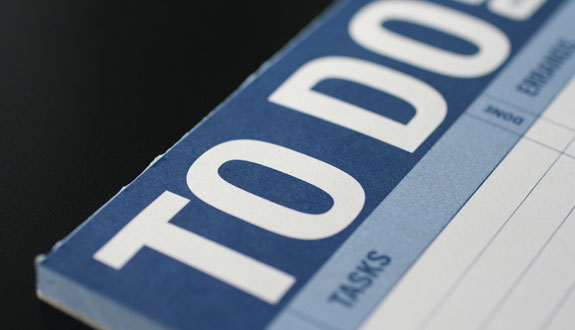
I don’t know about you (although I am intrigued: what’s your name? How did you hear about moststronglysupported? Do you like horchata? Have you ever been to Delhi? If you could only speak using phrases from a single song for the rest of your life, which song would you pick and why?), but I feel myself getting older. My hearing, once so reliable that I could pick up frequencies only received by radios and Rottweilers, now leaves me angling my head to put my “good ear” toward the conversation. If I jump frequently playing basketball, my knees inevitably hurt the next day. On weekends, I like to take mid-afternoon naps. I often feel compelled to yell at the damn kids to get off my lawn. I am 24 years old.
So I understand what it is to get older, and it occurs to me that we have been neglectful in discussing law school applications as they apply to people who are more than a few years removed from keg stands. For the majority of the application, there isn’t much difference if you are five or more years out of school. You still need an interesting personal statement. You still need a resume. You still need to explain away the grisly double-homicide and seven-state manhunt.
But letters of recommendation? Ay, there’s the rub.
I should begin by saying: professors are still the best people to ask for letters. If you do nothing else in your misbegotten academic career, develop relationships with your professors. Platonic, preferably, but whatever works, eh? After that disclaimer, though, understand that professors are much less necessary as letter writers when you’re five years or more out than just one. Admissions officers, by and large, understand that five or more years after graduation, few people still have deep enough relationships with professors to garner good letters. Although your academic profile is still hugely important in the metric for deciding on your application, recommendations based off your work experience become increasingly acceptable as your years of working accumulate.
So. What constitutes a good letter, if it’s not an academic letter, you ask? Fantastic question!
Although everything in life depends on the whims of the admissions officers from each individual school (seriously: everything), generally you want letters that a) do not all talk about the same thing, b) speak to other parts of your application, c) discuss work ethic, intellect, curiosity, philanthropic endeavors, and basically everything else that would typically be discussed by professors, and d) offer sexual favors to the admissions officer in place of a salutation. Not really on d; just wanted to make sure you were reading.
Because you’re probably not going to have letters that actually reflect your academic performance, you’re going to have to do the next best thing and ask for letters that reflect the qualities and factors necessary for a good academic performance: namely work ethic, work interest, and intelligence. If you write about how you worked to stop inbreeding in Amish communities (I can insult them because hey, they don’t have the Internet!), you’ll want your supervisor at Stop Amish Inbreeding Now (SAIN) to write you a letter about how interested you were in the experience and how much effort you put into something you were so passionate about.
There is even an advantage to getting work letters as opposed to academic letters. Where your average history professor has 5 to 10 thousand people asking for a letter of recommendation for law school every semester, most of whom do not actually know the professor, you almost certainly deal with your boss every day and you’re probably the only person he or she is recommending to law school. In that environment, you will likely have much more influence on what actually gets put into the letter.
Again, it’s nice to get academic letters. But for you oldsters out there who have creaking hips and are wondering what the other side of 30 is going to look like, letters from bosses at work or supervisors at your various organizations discussing your veritably ethereal qualities will suffice.




